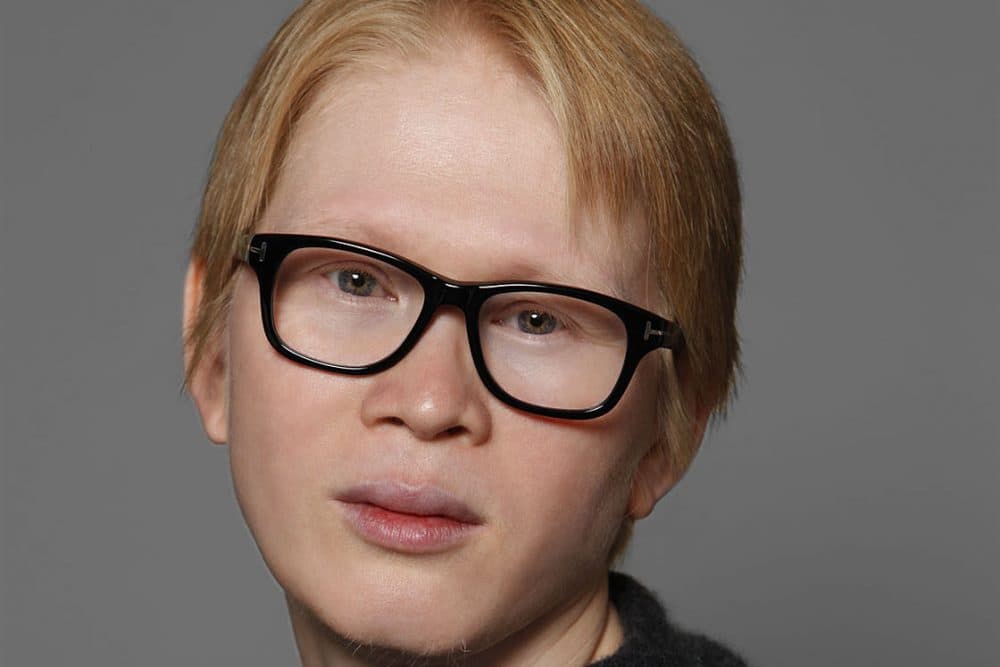Advertisement
On Bullying
Why One Trans Woman Bullied Her LGBT Peers — And Then Decided To Change
Resume
LGBT youth are still more than twice as likely as non-LGBT youth to be physically attacked at school, twice as likely to be verbally harassed at school and twice as likely to be excluded by their peers.
So why would someone from that community turn into a bully?
Here & Now's Peter O'Dowd talks with transgender woman Meredith Talusan (@1demerith), executive editor of the magazine Them, who's confronting her past as a bully.
"While I was in early transition, I was very insecure about myself, and one of the ways that I made myself feel better was to say disparaging things about other trans people," she says. "You know, people who I didn't feel were as beautiful as me or as passing as me, and in the context of that, I really did feel like I acted as a bully."
Interview Highlights
On how she bullied other trans people
"When people ask me this question, I always talk about 'Mean Girls,' just because part of it was that when I was in early transition, I watched a lot of teen movies because I was trying to get pointers. I wasn't socialized as a teenage girl, and I wanted to figure out how teenage girls behaved, and so I would say cutting things about people's appearance or the ways that people dressed.
"For instance, a lot of older trans women have a tendency to dress quote unquote younger than their age in part because they didn't live that part of their lives as women. And so there's a certain amount of nostalgia, and you know, I was definitely one of the first people to just be like, ‘I don't think you should wear that top,' or like, 'I don't think you should wear clothes that are that short.' "
"I wasn't socialized as a teenage girl, and I wanted to figure out how teenage girls behaved, and so I would say cutting things about people's appearance or the ways that people dressed."
Meredith Talusan
On why she wasn’t able to empathize with other trans people
"At the time, I had very little self-awareness really of what was going on. It wasn't really something that I processed until many years later, right? And I think when you're in that sort of position of power relative to your friendship group — when you're perceived as the person who is passing, who is perceived by others as beautiful — those people around you require your approval in order to make themselves feel better. And so I sort of allowed to you know have this attitude and this standpoint in the world, when in fact, in retrospect it was a really big problem."
On when she realized she was bullying others
"I was undisclosed for many years, so I moved right after I transitioned, and so my immediate community didn't actually know that I was trans for many years. And then after I publicly disclosed, then I was just exposed to all of these issues like violence against trans women, trans women and trans people in general being so at risk for suicide and discrimination, and I sort of realized that I really played a part in this dynamic, right? And I'm being perfectly honest, I don't feel like I even now am completely immune to that behavior. You know, it's sort of I think it's just a button that gets pushed sometimes. When I get pushed to an insecure place, asserting that I'm cisgender passing, which means that people generally can't tell that I'm trans until I tell them, it's something that I still notice I do on occasion, and I try to hold myself accountable."
This segment aired on March 22, 2018.